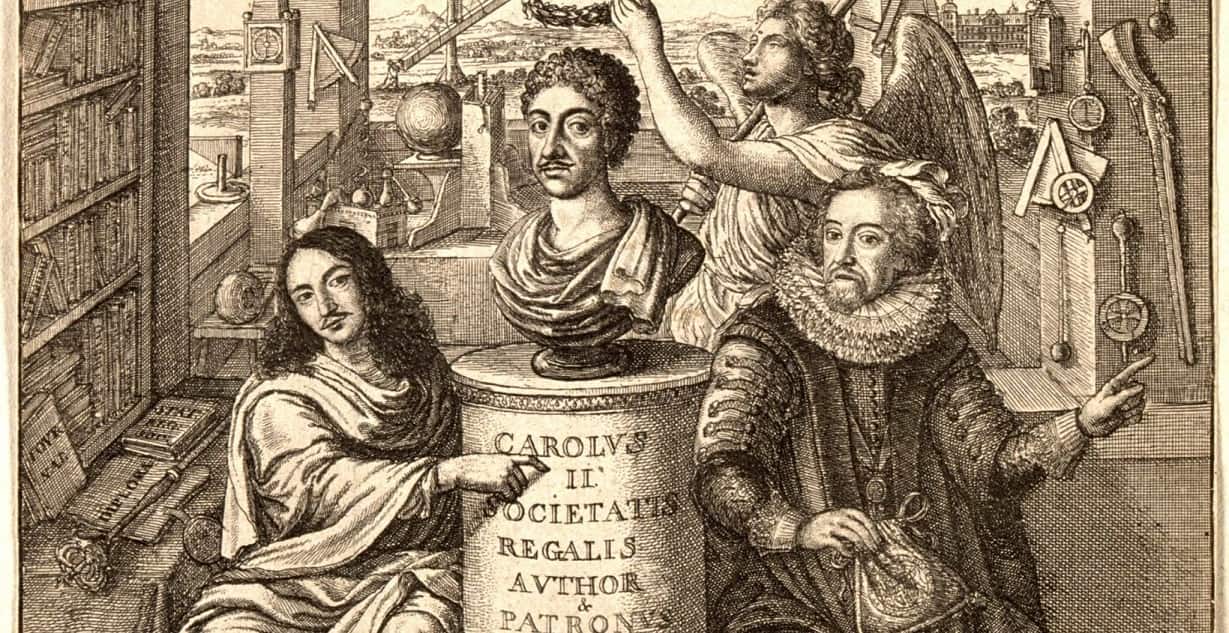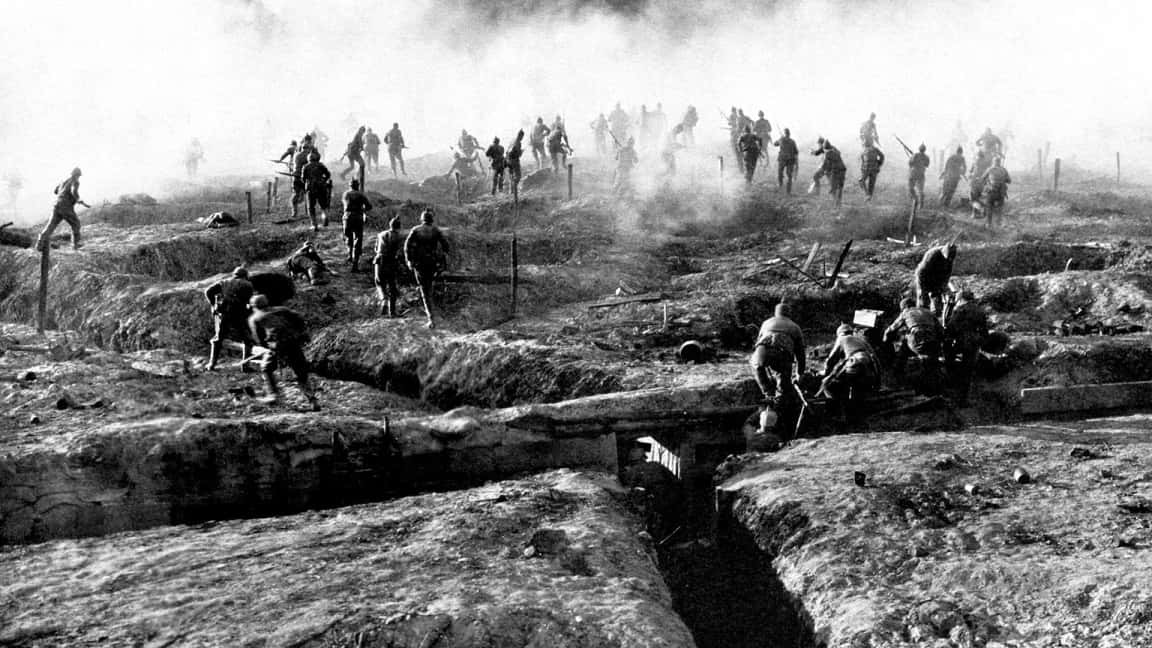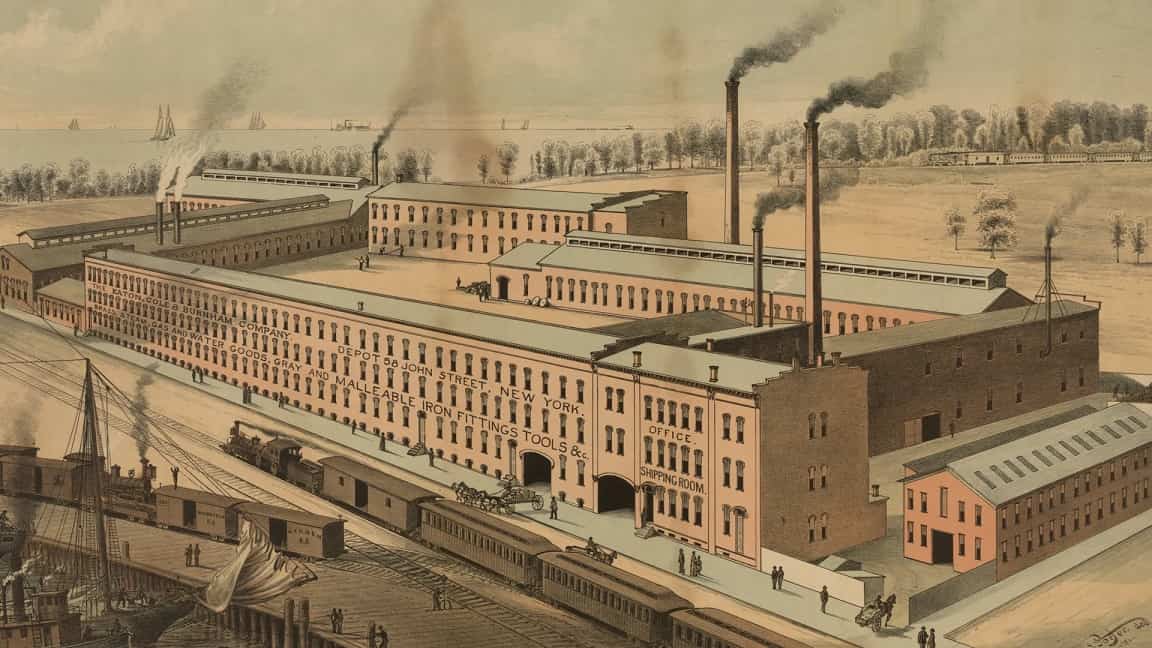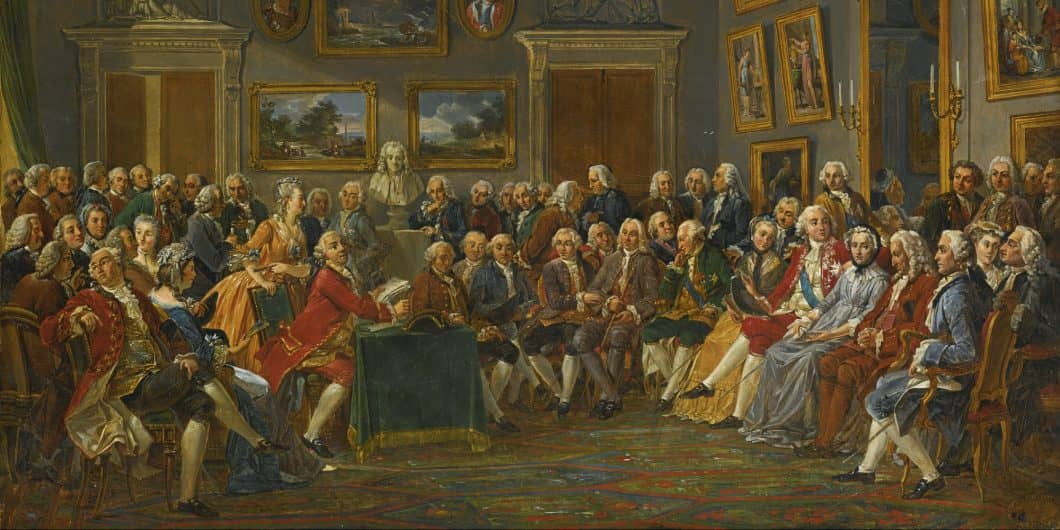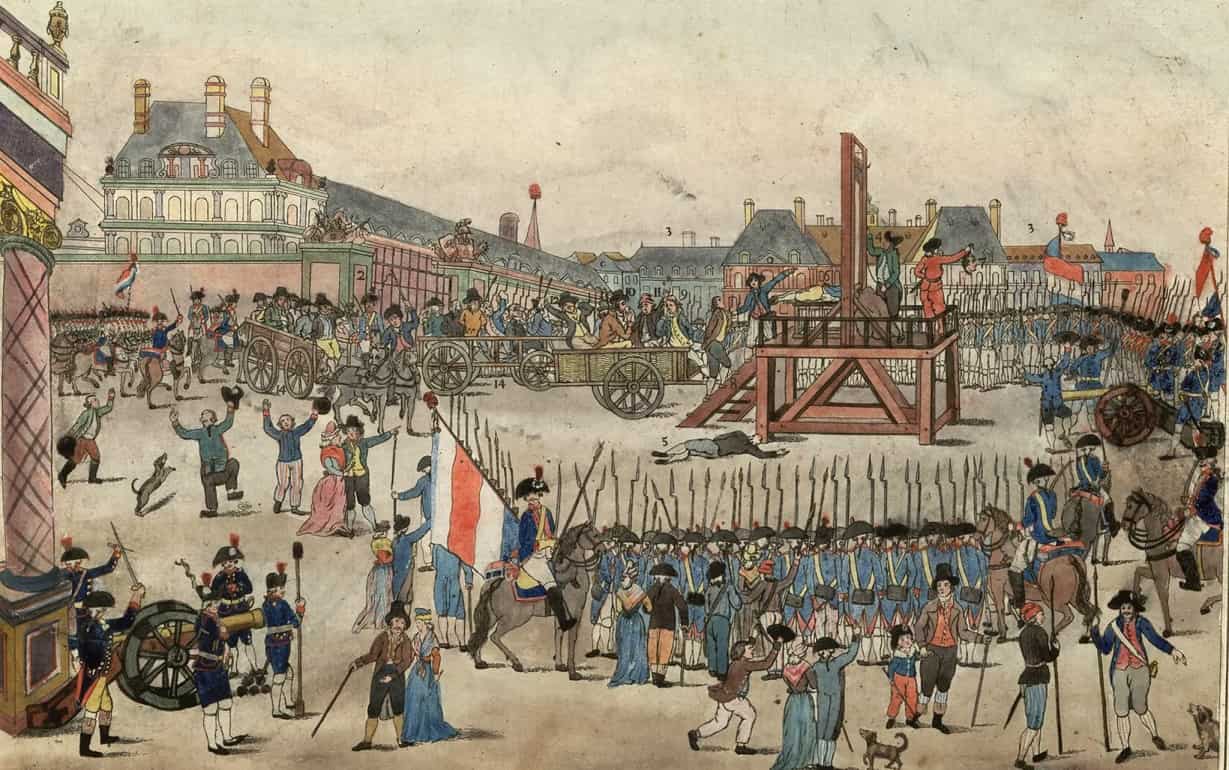During imperialism, Europe was ruled by powerful empires for economic, political, and cultural gain. But how did imperialism impact the world?
World History and Imperialism – How Did They Impact Each Other?
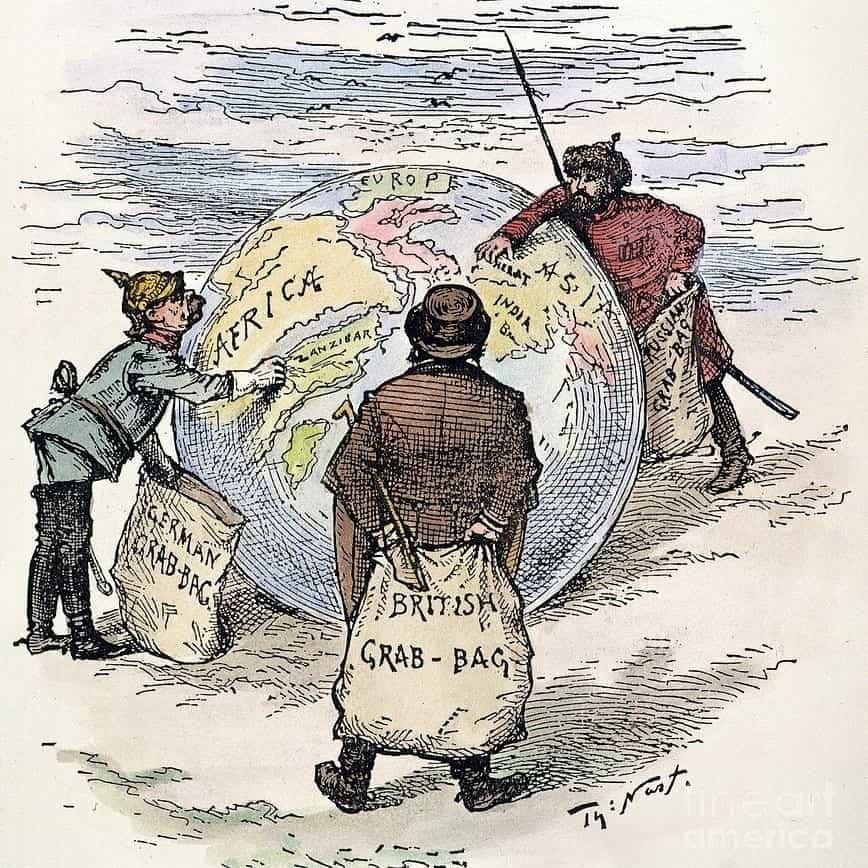
Imperialism: Rise and Fall
Imperialism was all started in the 15th century by England, and its zenith was between the 19th and 20th centuries. Before this, other nations, such as China, extended their power through imperialism. Europe powers greatly sought to enlarge their empires during maritime activities; British, French, German and Belgian Empires. These empires, by extending their territories towards various regions in Asia, Africa, and the Americas, got an opportunity to capture new markets for products, raw materials for manufacturing processes, or cheap workforce.
Implications for The Economy
Imperialism was most influential in altering and revolutionizing the economic aspects of those nations involved. The following are some aspects of it:
- They included products such as cotton, rubber, tea, and minerals, which were exported back to the mother countries. These raw materials helped industrial development, and Europeans upgraded their standards. While this rationale may apply to home offices, colonies usually experience downsides to such an organization. Most of the time,, the demand in the markets outside the empire was nonexistent for the produced commodities,, leading to extreme poverty and hunger among the people. These states are still producing these commodities today, and in some states, the export of these commodities forms a substantial part of the export economy.
- This paper believes that imperialism was very influential in the formation of today’s trade because of the numerous trade networks established. In addition, what had been established during this period regarding trade policies and laws provided the foundations of the present international trade systems.
- Some of the significant causes of the development of joint stock companies include the European exploration and colonization during the 16th and 17th centuries. The oldest joint-stock companies are the British and the Dutch East Indian Companies, as well as the Virginia Company. Their impact is still seen in the current business environment, especially with regard to financing, regulation of risk, and engagement in large-scale business ventures.
Changes in Political and Social Conditions
Maintaining political control over their colonies was about introducing Western legal systems and governance policies. French civil law influenced legal systems in parts of Africa and Southeast Asia, while British common law influenced colonies like India, Australia, and parts of Africa.
Laws of Custom and Dual Systems
For personal matters, such as marriage, imperial powers allowed local customary laws to continue in some colonies while enforcing Western laws in cases of a criminal or commercial nature. As a result, many countries have developed dual legal systems.
International Human Rights Law
It was a century of exploitation and extermination to pave the way for international law and human rights. Opposition to imperialism led to the creation of numerous international law concepts, such as sovereignty and non-discrimination.
Imperialism had a multi-faceted impact: new ideas, languages, and technologies emerged and proliferated, but local culture and civilizations were subjugated. Education brought new forms of identity and heritage for the colonized people by introducing new norms and the colonizer’s language.
Technological Advancements
Having abundant resources and forced labor allowed Europeans to develop scientific and technological advancements faster. Eventually, navigation, weaponry, communication, and tools became more sophisticated, expanding and colonizing their territory. There were several crucial advancements, including:
- Telegraph – People between Europe and India used to have to wait nearly two years for messages to travel between them. The invention of telegraphs enabled instantaneous delivery and receipt of messages, greatly enhancing the efficiency with which colonies were governed within Europe.
- Discoveries in medicine – In the 17th century, quinine, derived from cinchona bark, was discovered to treat malaria, a widespread disease among European colonists in Africa. In the fight against malaria today, this discovery has saved countless lives. As a result of Louis Pasteur’s pioneering work on bacteriology, vaccines for diseases such as cholera, rabies, and anthrax became available. Vaccines and treatments continue to be developed based on Pasteur’s principles in modern medicine. During the era of imperialism, Europeans and indigenous populations encountered each other often, resulting in significant advancements in medicine, such as the discovery of quinine and the work of Pasteur on bacteriology.
Insurrection and Nationalism
The whole world was unhappy about imperialism, and no country could accept such a thing willingly. Instead, the local population criticized it. Occasionally, it manifested as some outright violent revolt against colonial rule. Other times, it was politics in the form of self-governance movements. In most colonized nations, it created a spirit of nationalism that led to struggles against colonialism, hence the development of nationalism reforms later in history.
Imperialism and World War I
Most countries hoped to be the dominant world powers by the end of the 20th century. The imperialism of Russia, Germany, and Japan, borne from economic and military rivalry, deepened conflicts among the European empires, culminating in World War I and entailing a system of alliances.
Final Words
The imperial period led to lots of changes in the world based on those findings. I was also a driving force to a generation that changed economics, politics, social aspects, and culture. Therefore, imperialism is very important in the modern world, and the knowledge of imperialism can help us understand many modern problems that exist in the world today, as well as the history behind many of the issues that are present in the world. Therefore, it is crucial to note both the positive and negative repercussions of this period to better understand the history and not just focus on positive progress.


